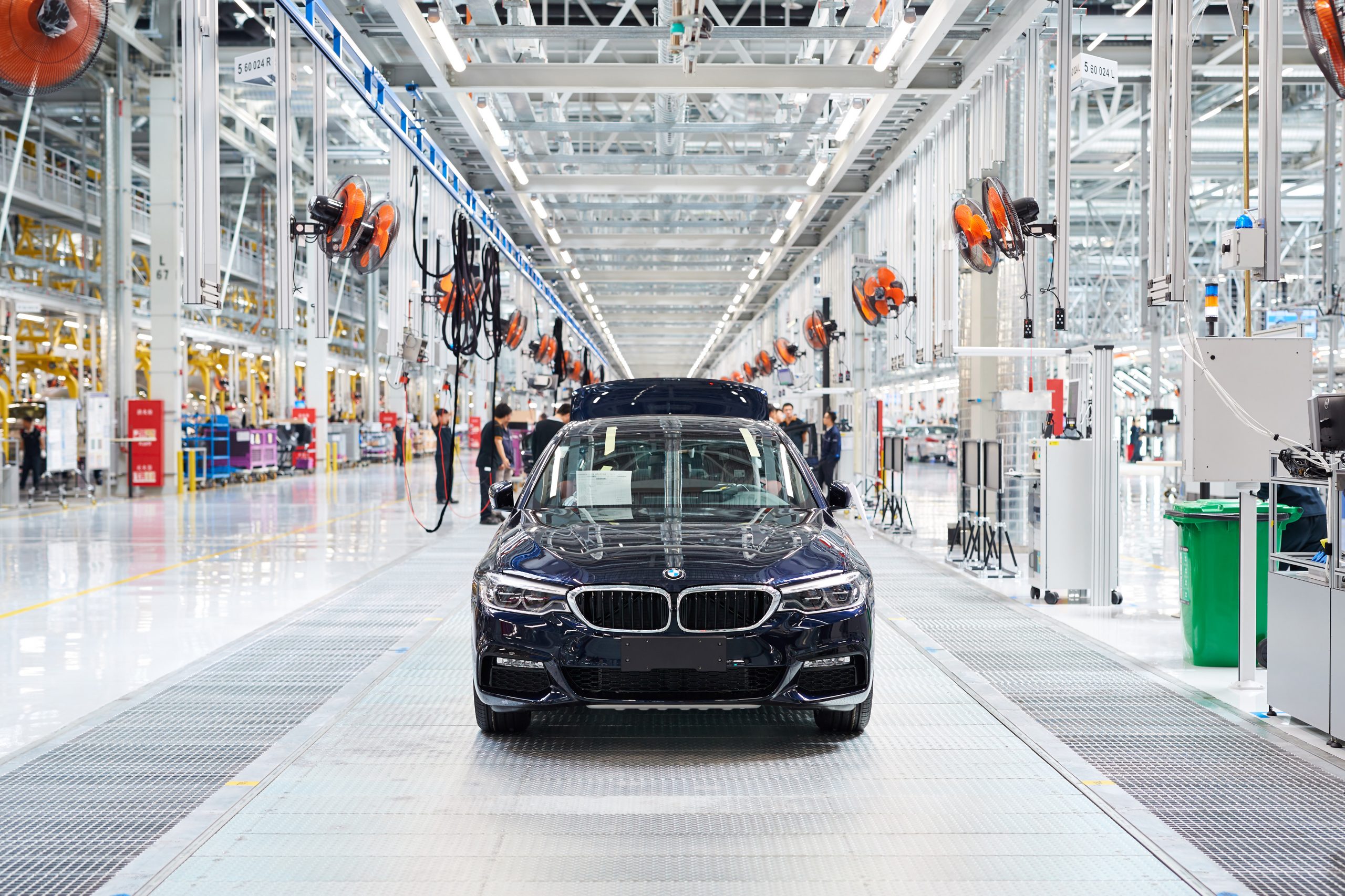
Dramatic job creation finding in e-vehicles study
The shift to electric cars could create more than twice as many new jobs as the number that will be lost by the demise of the internal combustion engine. That is the main finding of a study by the European Association of Electrical Contractors (AIE) into the employment impact of a move to e-vehicles. The main beneficiaries will be people working for small and medium-sized enterprises (SMEs).
Interested in this kind of news?
Receive them directly in your inbox. Delivered once a week.
Over many years, the automotive industry has cited job losses as a reason for not embracing the most environment-friendly technology, while the environmental movement has highlighted the job creation potential of greener technologies. Now the AIE has brought out a report, Powering a new value chain in the automotive sector: the job potential of transport electrification, which calculates the number of jobs created set against the number of jobs lost from the move away from petrol and diesel engines.
The study has assessed job creation in a number of sub-sections of the electromobility production process – it calls these sub-sections ‘value chain segments’ – and concludes that by 2030 a total of nearly 200,000 permanent jobs will be created. This is based on a moderate uptake of plug-in vehicles amounting to around 35% of new car sales by 2030. Of these 200,000 jobs, 57% will come from the installation, operation and maintenance of charging points.
It then compares this with a study by Germany’s Fraunhofer research institute into the impact of electrification on jobs in Germany (the study’s provisional report was published in June). Applied across the EU, the Fraunhofer study’s findings suggest an estimated 306,000 jobs in the automotive manufacturing sector will be lost in total by 2030, but only 27% of these (so around 84,000) are specifically due to an increase in electromobility; the rest are the result of productivity improvements.
The AIE’s secretary-general Giorgia Concas said: ‘The shift to electric cars will create 200,000 new jobs, the majority for electrical contractors across Europe. Over 90% of electrical contracting companies are small and medium-sized enterprises. Electromobility is therefore a massive business opportunity for local companies to generate local, green, highly skilled jobs.’
T&E clean cars director Greg Archer added: ‘Politicians should take note of this study, not just for what it says about the benefits of e-vehicles, but as a warning not to trust traditional industries that say they can’t tackle environmental issues without putting large numbers of people out of work. It’s normally an excuse for a failure to take action. And this study underestimates the full potential of e-vehicles, as even more jobs could be created if we take into account the electrification of trucks, buses and ships.’
T&E has long called for the EU to create the conditions for Europe to profit from the e-vehicle revolution, warning that failure to do so will lead to other parts of the world profiting instead. The recent announcement that the South Korean firm LG Chem will triple its battery-making capacity in Poland – as a result of Volkswagen increasing its demand for EV batteries – is an example of Europe profiting from e-mobility.
However, just a day earlier, another German carmaker BMW announced it and its supplier Dräxlmaier would be making EV batteries in Thailand.
Germany’s economics and energy minister Peter Altmaier told an e-mobility conference in Berlin last month that he wants 30% of global battery production by 2030 to be in Europe. Altmaier has previously warned against ‘setting climate goals that are too ambitious as that just leads to disappointment’.
